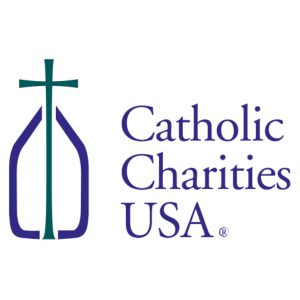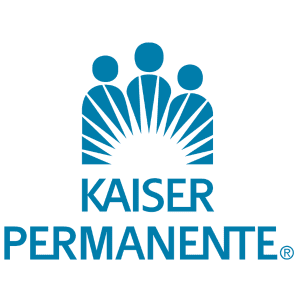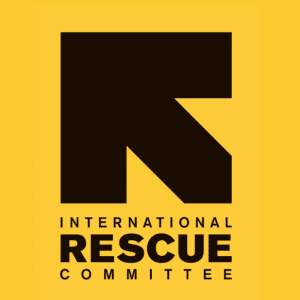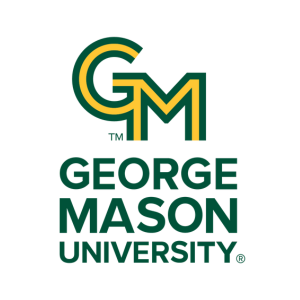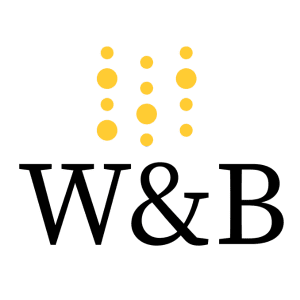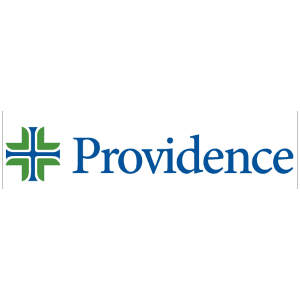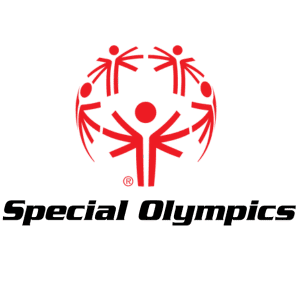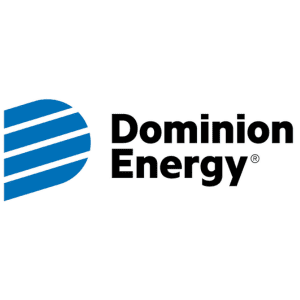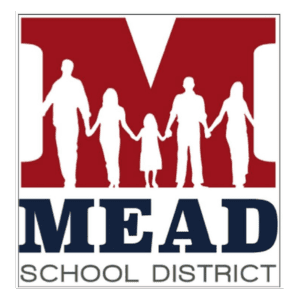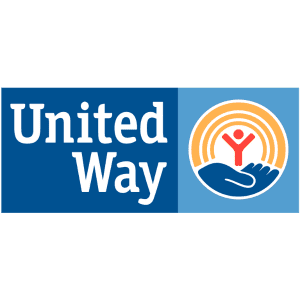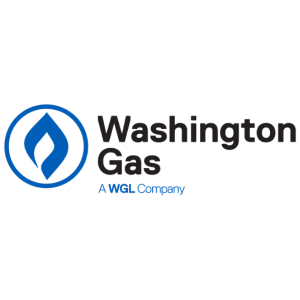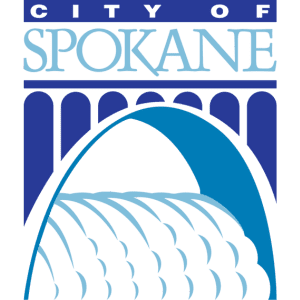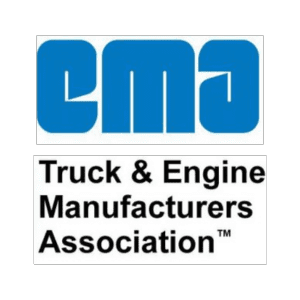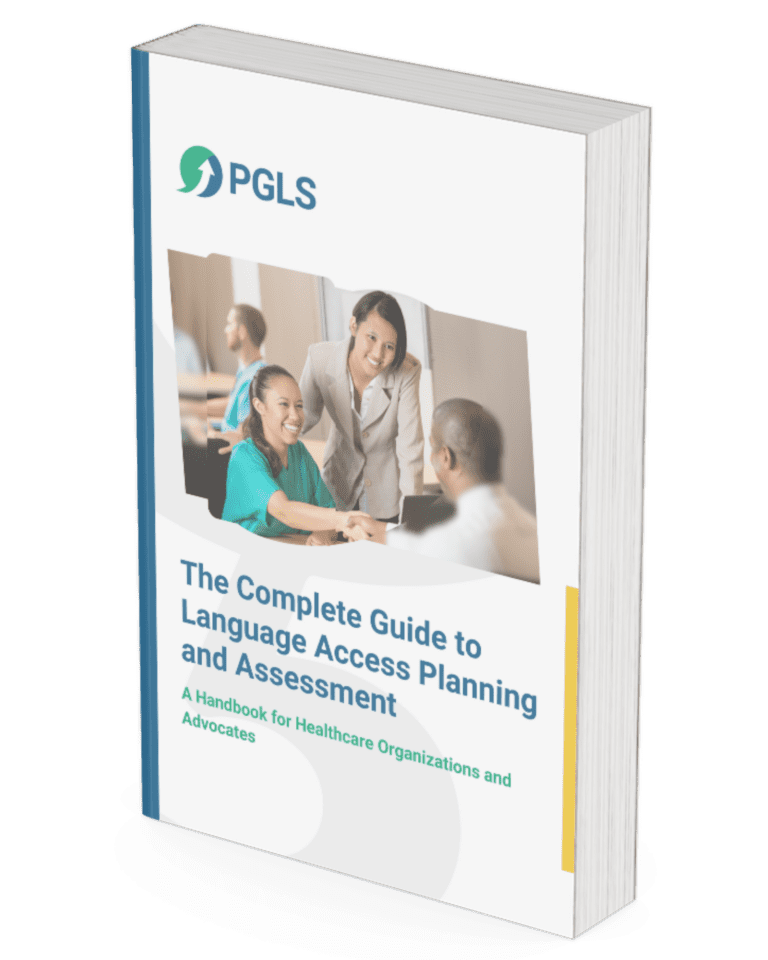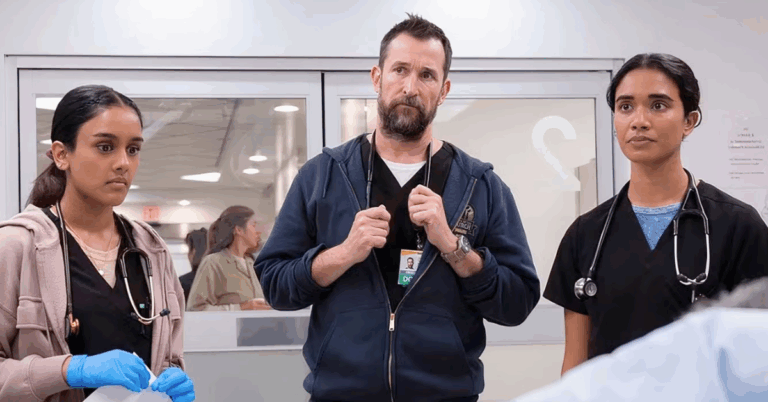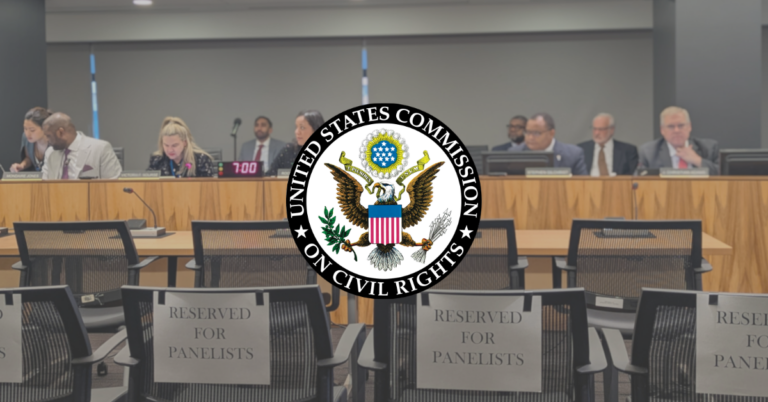Language Solutions for Healthcare
Ensure Quality Care Build Patient Satisfaction Lower Health Complications Empower Your Community Enhance Compliance
Nearly 8 million patients in the U.S. would be best served in a language other than English. Is your healthcare organization prepared to meet their language needs?
PGLS partners with healthcare organizations to support limited English proficient (LEP) patients by providing translation and interpreting solutions.
With the right language access services in place, you have increased LEP engagement, positive staff productivity, and ultimately, improved communication results. Our team is ready, able, and eager to review your current language access support and consult with you for maximum efficiency to help you engage effectively with all people, regardless of language.
Your Patient Population Is Changing Rapidly
American Citizens/Residents Who Speak a Language Other Than English (LOTE): 12% Increase Over 10 Years
*in millions
American Citizens/Residents Who Speak a Language Other Than English (LOTE): 2% Increase Over 1 Year
*in millions
Language Access Planning in Healthcare
If a patient is unable to provide or understand information during any of the following steps of a patient journey, a language access plan requires revisions:
- Communicating symptoms before, during, or after a provider visit.
- Responding to provider questions in real time.
- Comprehending and engaging in their treatment plan.
- Understanding aftercare instructions, prescription including dosage and side effects.
- Understanding the consent for procedures and testing.
- Completing follow-up and referral visits.
- Navigating payment and insurance obligations.

Risk Assessment & Mitigation
When designing and implementing a language access plan, most hospital administrators in the U.S. have to make the most of their available resources. This often means accepting the implied risks of unsolved language barriers in patient care:
- Providing care without qualified interpretation leads to higher rates of resource waste.
- LEP patients experience higher rates of complications and clinical errors.
- LEP patients experience post-hospitalization readmission risk at higher rates.
- Failing to engage language services when treating LEP patients can
result in legal and financial liabilities.
These oversights have led to millions of dollars in increased malpractice premiums, patient settlements, and legal fees.

CMS Star Ratings & HCAHPS
When justifying increased resources for your language access program, the Centers for Medicare & Medicaid Services (CMS) Star Rating is an important lever to pull. The number of stars out of five directly impacts the hospital’s access to Medicare incentive funding. HCAHPS (Hospital Consumer Assessment of Healthcare Providers and Systems) is how CMS develops its star ratings and calculates related incentive payments.
HCAHPS includes a person and community engagement domain to assess the quality of patient communication at nearly every touch point during a hospital visit. If this section repeatedly scores poorly, it is unlikely that your facility will be able to qualify for larger incentive payments or earn/retain a higher star rating. If LEP patients are shown to experience worse care outcomes, such as higher rates of procedure complications, the score will also be impacted.

Mapping Your LEP Patient's Journey
When a patient seeks care, they will interact with your organization across various touch points. By embedding trained interpreters, translated materials, and accessible support processes into your hospital’s operations, you can reliably offer the same high standard of care to every individual who passes through your facility.
Communication Entry Points
Website, Patient Portal, Phone System
Appointment Confirmation and Reminders
Email, SMS, Automated Phone Calls, Live Phone Calls
Related Language Access Resources:
• Website translation and localization
• Patient portal translation
• Intake paperwork translation
• Pre-recorded phone menus in threshold languages
• Appointment confirmation and reminder translations
• Real-time phone interpretation
Parking Lot / Transit Signage
Building Navigation
Front Desk Intake
Identification, Insurance, Consent Forms
Kiosk Intake
Related Language Access Resources:
• Outdoor/indoor signage and map translation
• Audio or video remote interpretation
• Consent form translation
• Patient portal translation
• Digital menu and intake form translation
Medical Assistant Intake
History & Symptoms Reporting
Provider Interactions
History & Symptoms Reporting, Consent for Testing and Procedures, Treatment Plan, Prescriptions, Consults & Referrals
Insurance Authorization
Related Language Access Resources:
• Audio interpretation
• Video remote interpretation for sensitive conversations
• In-person interpretation for complex or sensitive conversations
• Test and procedure information translation
• Post-care instructions translation
• Medication use and side effects translation
Follow-Up Visit Scheduling
Appointment Reminders
Prescription Use Instructions
Care Coordination Across Providers/Referrals to Other Offices
Related Language Access Resources:
• Website translation and localization
• Patient portal translation
• Appointment reminder translation
• Medication instructions translation
• Care coordination plan
Payments
Online Payments, Mail Payments, Phone Payments, Payment Plans, Discount Plans
Insurance Authorization
Related Language Access Resources:
• Audio interpretation
• Billing paperwork translation
• Insurance-related paperwork translation
• Payment plan terms translation
• Discount plan terms translation
• Patient advocate resources translation
Communication Entry Points
Website, Patient Portal, Phone System
Appointment Confirmation and Reminders
Email, SMS, Automated Phone Calls, Live Phone Calls
Related Language Access Resources:
• Website translation and localization
• Patient portal translation
• Intake paperwork translation
• Pre-recorded phone menus in threshold languages
• Appointment confirmation and reminder translations
• Real-time phone interpretation
Day-Of-Care
Parking Lot / Transit Signage
Building Navigation
Front Desk Intake
Identification, Insurance, Consent Forms
Kiosk Intake
Related Language Access Resources:
• Outdoor/indoor signage and map translation
• Audio or video remote interpretation
• Consent form translation
• Patient portal translation
• Digital menu and intake form translation
Medical Assistant Intake
History & Symptoms Reporting
Provider Interactions
History & Symptoms Reporting, Consent for Testing and Procedures, Treatment Plan, Prescriptions, Consults & Referrals
Insurance Authorization
Related Language Access Resources:
• Audio interpretation
• Video remote interpretation for sensitive conversations
• In-person interpretation for complex or sensitive conversations
• Test and procedure information translation
• Post-care instructions translation
• Medication use and side effects translation
Follow-Up Visit Scheduling
Appointment Reminders
Prescription Use Instructions
Care Coordination Across Providers/Referrals to Other Offices
Related Language Access Resources:
• Website translation and localization
• Patient portal translation
• Appointment reminder translation
• Medication instructions translation
• Care coordination plan
Payments
Online Payments, Mail Payments, Phone Payments, Payment Plans, Discount Plans
Insurance Authorization
Related Language Access Resources:
• Audio interpretation
• Billing paperwork translation
• Insurance-related paperwork translation
• Payment plan terms translation
• Discount plan terms translation
• Patient advocate resources translation
Close the Care Gap for Your LEP Patients.
You can count on PGLS to help you ensure access to all vital language service in the healthcare industry, improve patient satisfaction, reduce litigation risk, and meet language access regulations and government mandates. Contact us today to learn more.

Healthcare Resources
